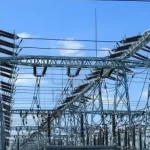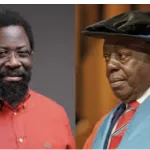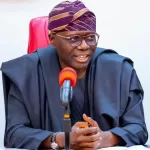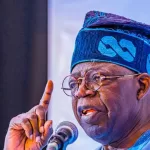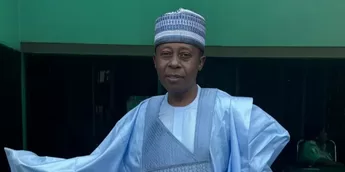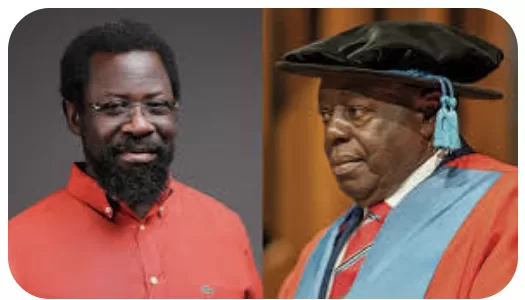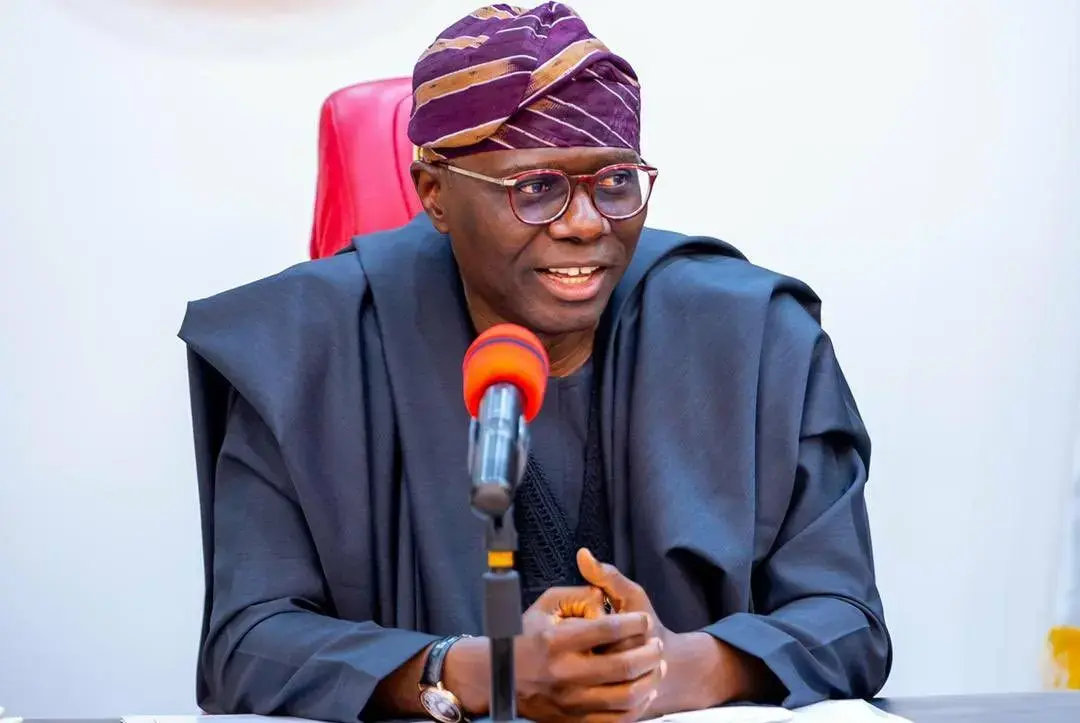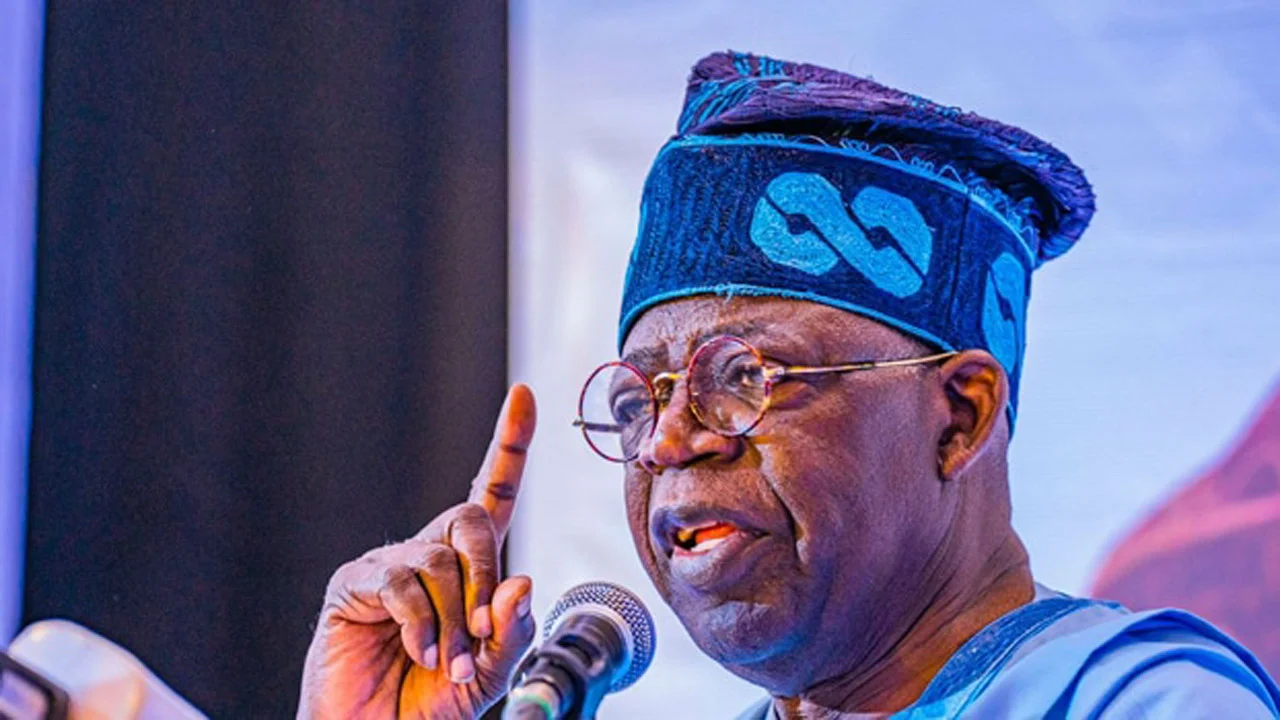A former member of the House of Representatives, Farouk Lawan, has been released from prison after serving his five-year sentence for soliciting and accepting a $500,000 bribe from Nigerian businessman, Femi Otedola.
Lawan, who once chaired the House of Representatives ad-hoc committee investigating fuel subsidy fraud, was initially convicted in 2021.
The bribe was allegedly aimed at removing Otedola’s company from the list of firms implicated in the fuel subsidy fraud scandal of 2012.
The presiding judge, Angela Otaluka, in her ruling, noted that the evidence submitted before the court by the prosecution counsel were valid during cross-examination.
The judge also noted that the conduct, responses and submissions of the defendant and witnesses in the case established the charge in count one, which stated that Lawan demanded $3 million bribe.
Count two stated that Lawan collected $500,000 as bribe to remove Otedola and his company from the list of persons and organisations indicted for the fuel subsidy scam.
The judge held that evidence presented before the court showed that Lawan demanded the balance after receiving the first and second tranches of payment.
After being sentenced to seven years in prison by the High Court of the Federal Capital Territory (FCT) in June 2021, Lawan appealed the ruling.
The Court of Appeal reduced his sentence to five years in 2022, acquitting him on two of the three corruption charges.
However, his final appeal to the Supreme Court, which was heard in January 2024, was dismissed, with the court affirming the five-year sentence.
In the lead judgment prepared by one of the Supreme Court justices, John Okoro, and delivered by another judge, Tijjani Abubakar, the court ruled that Lawan’s appeal lacked merit and subsequently dismissed it.
The five-member panel unanimously upheld the 2022 Court of Appeal ruling, which confirmed Lawan’s five-year sentence for the third count of the three-count charge brought against him in the High Court of the Federal Capital Territory

